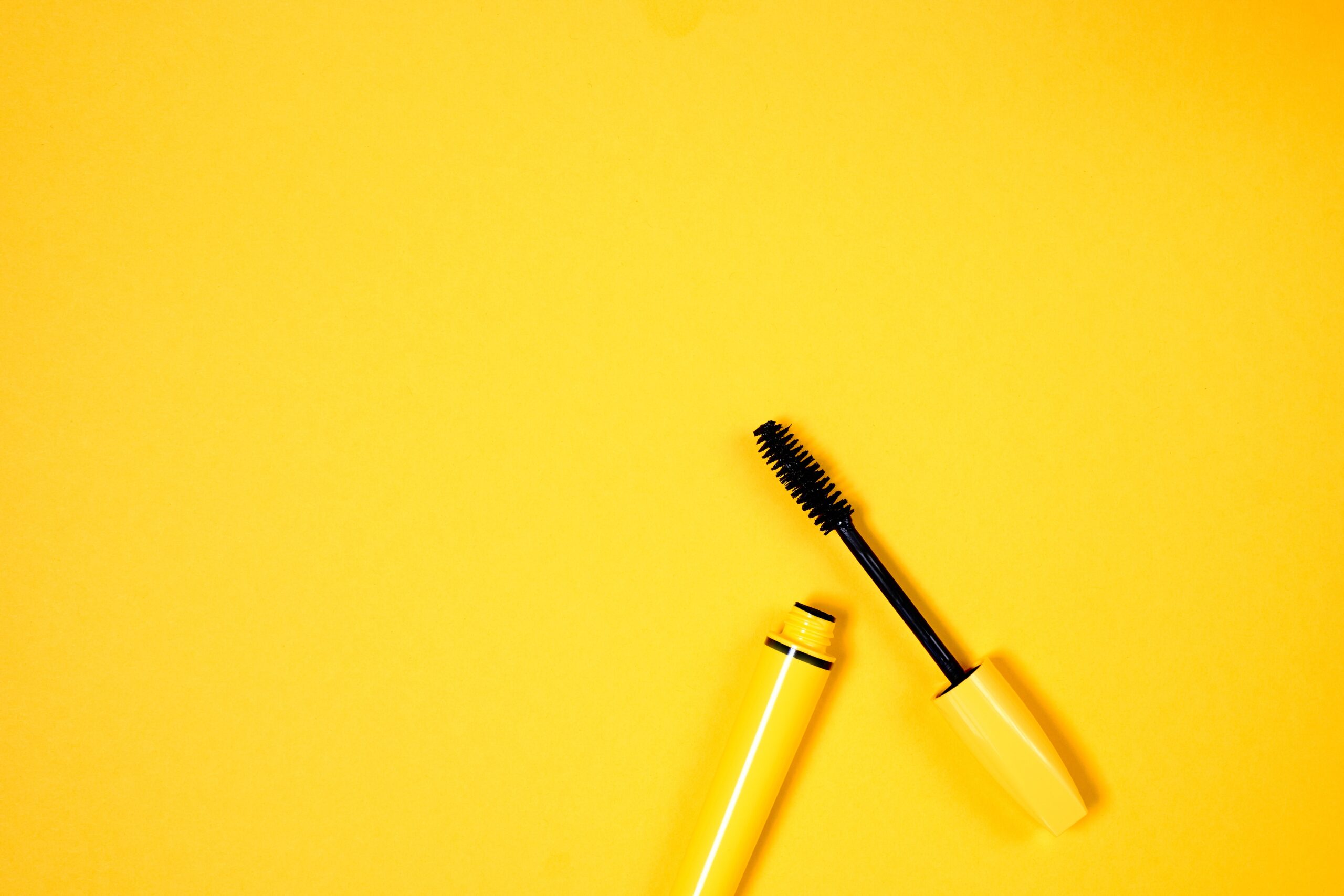By: Brent E. Johnson
We have blogged in the past about California’s Safe Cosmetics Act (CSCA) (Cal. Health & Safety Code § 111791, et seq.), which created a voluntary disclosure program of certain ingredients known or suspected to cause cancer or developmental or other reproductive harm. The State has now gone from disclosures to outright bans. The Toxic-Free Cosmetics Act signed into law on September 30, 2020, bans 24 toxic ingredients, including mercury and formaldehyde, from beauty and personal care products sold in California. See Cal. Health & Safety Code § 108980 for the full list of prohibited chemicals. These chemicals (generally speaking) have been linked to cancer, birth defects, damage to the reproductive system, organ system toxicity or endocrine disruption. This brings California in line with similar bans in the EU and some 40 other countries as it relates to personal care products – but it is the first such ban at the federal or state level in the United States. Indeed, one of the consistent criticisms of the Food and Drug Administration’s authority over cosmetics is how under-regulated the cosmetics industry has become. With California long being a bellwether state, this new statute may pave the way for other federal or state standards. Fortunately for manufacturers, the California legislation has a long lead time – the ingredients are banned from sale starting January 1, 2025 – which should give cosmetics companies time to sell off their existing inventories. But cosmetics companies should begin looking at their formulations and supply chains now to ensure timely compliance.

